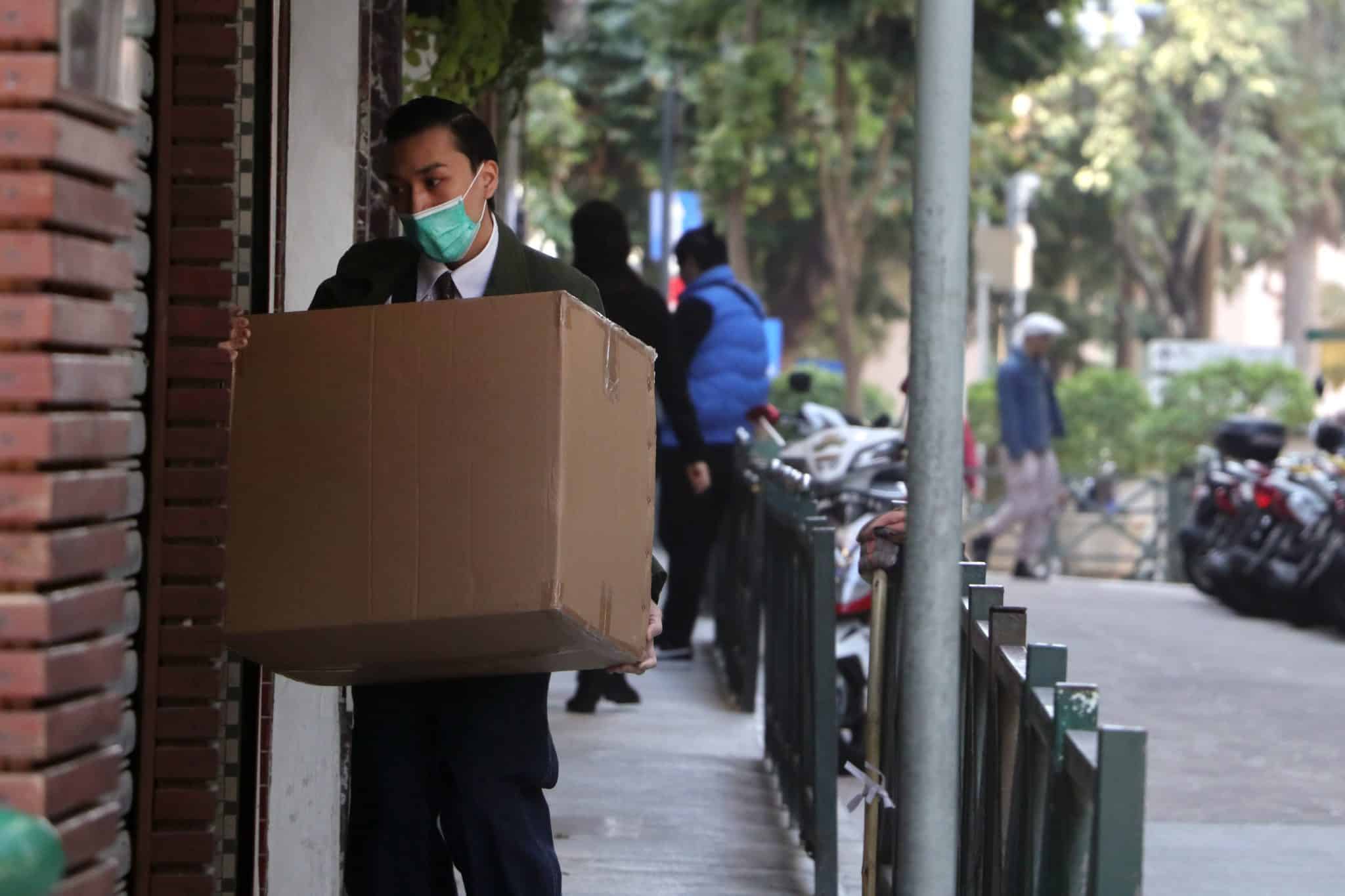Mackenzie Bouverat is a student at Harvard Law School.
The First Circuit ruled last Friday that Amazon the class action waiver in Amazonflex delivery drivers’ contract of employment is invalid. The Court reasoned that the Federal Arbitration Act’s carveout for transportation workers applies not only to workers who “physically cross state lines in the course of their work,” but also to workers “transport[ing] goods or people within the flow of interstate commerce.” Thus, the drivers may pursue its claims that the company misclassified them as individual contractors on a collective basis. This decision, which resolves an issue of first impression for the First Circuit, may have significant implications for pending lawsuits filed by thousands of gig-economy deliver drivers seeking to recover unpaid wages across the country: the Ninth Circuit is poised to decide the issue in a case brought by AmazonFlex delivery drivers under the Fair Labor Standards Act; the Seventh Circuit is considering a case filed against GrubHub Inc. by its delivery drivers, while Ninth circuit will consider the issue in cases filed by Uber and Lyft drivers.
The Office of Information and Regulatory Affairs has announced that the National Labor Relations Board will publish a final rule on the status of student workers this coming September. In September 2019, the NLRB published a Notice of Proposed Rulemaking announcing its intention to promulgate a rule by which undergraduate and graduate students performing services for compensation, including teaching and research, in connection with their studies will no longer be considered “employees” within the meaning of Section 2(3) of the National Labor Relations Act. The Board has reversed its position on the status of student workers three times in the last few decades.
The New York Times has revealed that 17 of the 50 Chinese factories producing personal protective requirement rely on China’s “labor transfer program” to “staff” their operations. According to the Australian Strategic Policy Institute, around 80,000 Uighurs were transferred out of the far western Xinjiang autonomous region between 2017 and 2019 to work in in factory and service jobs across China. In a response to the Times, the spokesman for China’s Embassy in the U.S. explained that the program was intended to help “local residents rise above poverty through employment and lead fulfilling lives.” Although China primarily produces mask for domestic use, the New York Times reports that many of the masks produced in these factories are being exported overseas, including to the USA.
As America settles in to the work-from-home economy, businesses look forward to continuing the practice post-coronavirus. The city of San Antonio, for example, has announced that its municipal employees–approximately 20% of the city’s workforce–will continue remote work until at least December 31. Cerner and ViacomCBS also plans to continue telecommuting until the New Year. Amazon announced that its Seattle corporate employees can choose to work from home until January 8, 2021. Unum has announced its plan to close its Worcester City Square location, leaving its 400 employees working from home permanently. These announcements follow on the tails of tech giants Twitter and Facebook, who months ago announced permanent work from home.






Daily News & Commentary
Start your day with our roundup of the latest labor developments. See all
February 27
The Ninth Circuit allows Trump to dismantle certain government unions based on national security concerns; and the DOL set to focus enforcement on firms with “outsized market power.”
February 26
Workplace AI regulations proposed in Michigan; en banc D.C. Circuit hears oral argument in CFPB case; white police officers sue Philadelphia over DEI policy.
February 25
OSHA workplace inspections significantly drop in 2025; the Court denies a petition for certiorari to review a Minnesota law banning mandatory anti-union meetings at work; and the Court declines two petitions to determine whether Air Force service members should receive backpay as a result of religious challenges to the now-revoked COVID-19 vaccine mandate.
February 24
In today’s news and commentary, the NLRB uses the Obama-era Browning-Ferris standard, a fired National Park ranger sues the Department of Interior and the National Park Service, the NLRB closes out Amazon’s labor dispute on Staten Island, and OIRA signals changes to the Biden-era independent contractor rule. The NLRB ruled that Browning-Ferris Industries jointly employed […]
February 23
In today’s news and commentary, the Trump administration proposes a rule limiting employment authorization for asylum seekers and Matt Bruenig introduces a new LLM tool analyzing employer rules under Stericycle. Law360 reports that the Trump administration proposed a rule on Friday that would change the employment authorization process for asylum seekers. Under the proposed rule, […]
February 22
A petition for certiorari in Bivens v. Zep, New York nurses end their historic six-week-strike, and Professor Block argues for just cause protections in New York City.